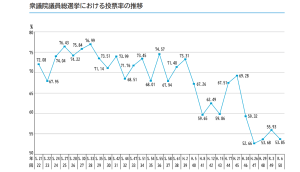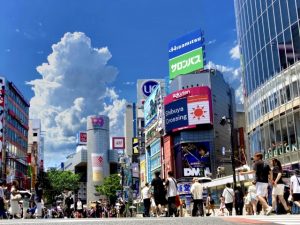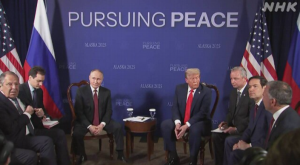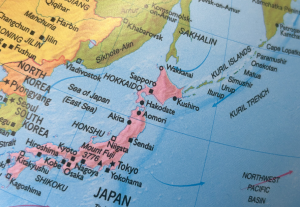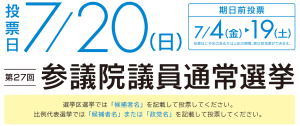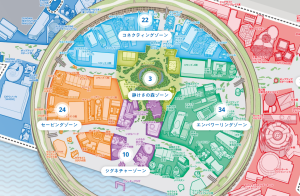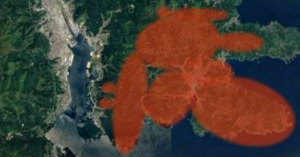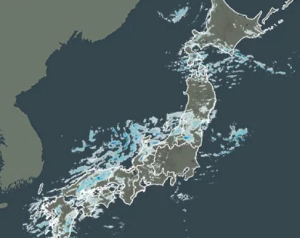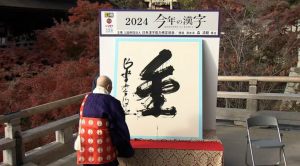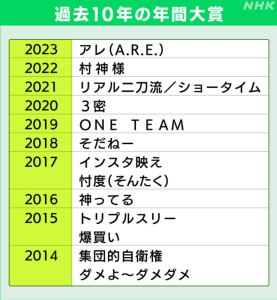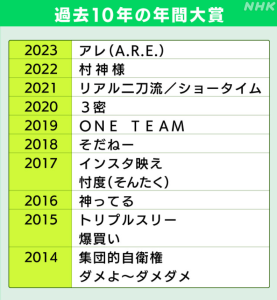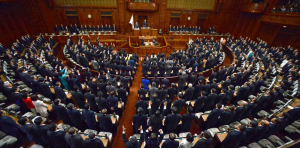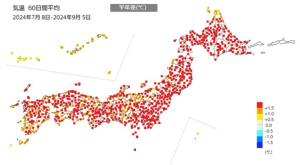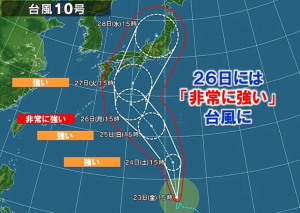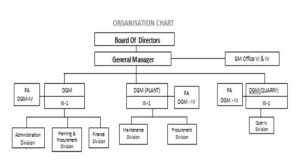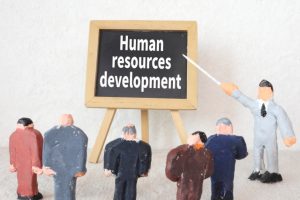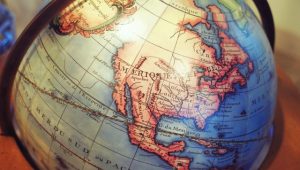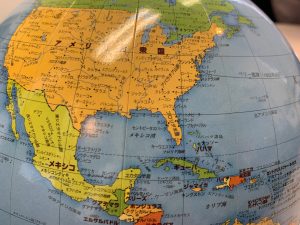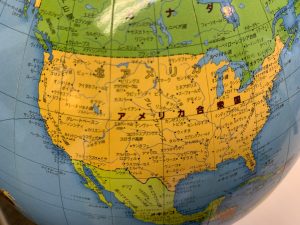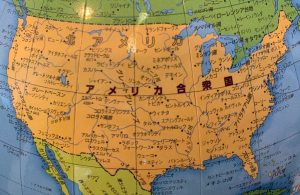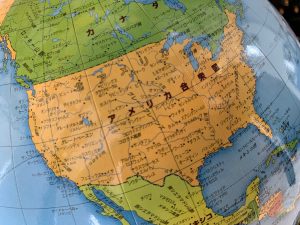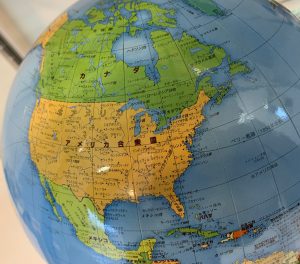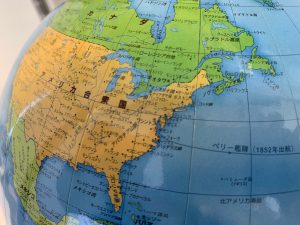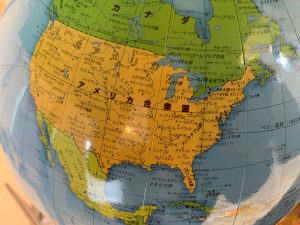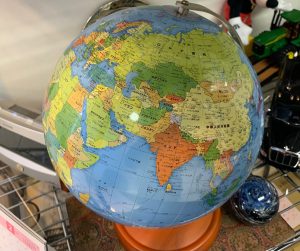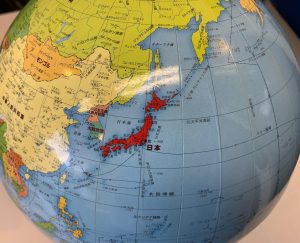Re: A news item and subject which I just want to check out (141) June 21, 2024
Japan Post will increase the postage for postcard and letter by about 30 % on October 1. The postage for postcard will be 85 yen from 63 yen and the postage for letter, 25 grams or less standard-size mail, will be 110 yen from 84 yen. A simultaneous price increase excluding consumption tax is the first time in 30 years since 1994. Postal items peaked at 26.2 billion in 2001 and have been decreasing, and were about 1.44 billion in 2022, and the rate has decreased by about 45 %. The transition to e-mail and SNS will continue in the future and postal items are expected to be 1.15 billion in 2028. Yu-Pack also seems to have a hard time. Postal is universal service and delivering postal items at the same price anywhere in the country is decided. Maintaining this system is getting harder every year, but there are about 24,000 post offices and about 175,000 post boxes in Japan, and these have been an important infrastructure for living such as postal, savings and so on. The effect of this price increase to compensate for the deficit must be considered temporary.
By the way, according to “marine white paper in 2023”, per capita consumption of edible seafood by Japanese in 2022 was 22.0 kg, record low. It peaked at 40.2 kg in 2001, and drops by almost half. On the other hand, per capita consumption of meat was 34.0kg and it is on the rise. The reasons for not buying seafood compared to meat (multiple answers allowed) are listed as follows. ①Family craves meat (45.9 %), ②Seafood is expensive (42.1 %), ③Cooking is troublesome (38.0 %).
I myself like to pierce out Japanese ivory shell in full form using a toothpick and to drink Japanese sake at a Japanese pub. I also like to eat salt-grilled squid tentacles. For your information, I love seafood and meat.
■■What I have recently thought and focused on:
■This year’s “World Economic Outlook” by international organization:
The World Bank announced lately that real economic growth rate worldwide in 2024 will be expected to be 2.6 %. It is 0.2 points upward correction from the previous forecast in January. The breakdown is that the United States is 2.5 %, China is 4.8 %, Eurozone and Japan are 0.7 %.
And economic growth rate of low-income countries is expected to be 5.0 % and decreased by 0.5 points from the previous forecast. The reason is that they are lack of financial capability due to repayment of public dept and escalating conflict is weighing on them.
A burden to the global economy in the future is an increase in national debt. According to aggregation of Institute of International Finance (IIF), the balance as of the end of March is 315 trillion dollars and reaches the highest level ever. Dept increase in rising countries, the United States and Japan is pushing the whole thing up. According to Asia Development Bank (ADB), especially in developing countries, the dept burden is growing due to interest rates rise by continued rate hikes in the United States and Europe.
And the biggest disruption factor for the global economy is China. The housing industry that accounts for about 30 % of GDP in China is still struggling with sluggish sales. Supporting its economy is mostly state-owned enterprises that have received generous support from the country but private companies are in a severe situation. In spite of sluggish domestic demand, China is increasing the production of steel products and EV, and expanding the export of deflation, having no regard for criticism from the West. The number of car export from China is exceeding Japan now. It seems to me that China will expand its sales channels of EV that lost nowhere to go due to high customs of the United States and Europe from now on. Especially in Asia, Japanese manufacturers have maintained an overwhelming market share so far, but as for EV, Japan is very far behind from China. Car is a product of the top earner for Japan, but the future is uncertain. Incidentally, Mitsubishi Motors Corporation withdrew from China, and Suzuki and SUBARU withdrew from Thailand. All of these are due to low price offensive by China. Last year’s economic growth rate in Japan by the World Bank was 1.9 %, but this year will be 0.7 %, 0.2 points downward from the previous forecast. It is pointed out that inbound demand will remain stable but sluggish domestic demand and slowdown in exports will be expected. Incidentally, real wages have been continuing to decline until April for 25 months. By the way, it does not touch on the effect of special tax reduction under the backing of Kishida administration.
■The chaotic world situation:
The ruling coalition in France suffered a crashing defeat to “the National Rally”, a radical right party, in the European Parliament election. Looking at this result, President Putin in Russia laughed that “it lost because it supported Ukraine at the expense of the people”. Also in Germany, there is a way to see that a radical right party will extend its seat in state election held in September. Like this, in European countries, the rise of a radical right party is growing significantly, making the issue of immigration a point of contention, and there is a concern about the significant impact on Ukraine support.
Under such circumstances, the G7 summit was held in Italy from June 13 to 15, and certain results have been achieved in countering Russia and China. Prior to that meeting, Russia held Foreign Ministers’ meeting of BRICS where India and Brazil attended in western town from June 10 to 11, and furthermore held a large-scale meeting including 12 developing countries such as Thailand, Turkey and so on, and tried to capture countries in Global South. After that, President Putin visited North Korea as a State Guest for the first time in 24 years on June 18 and signed a strategic treaty. Like this, the bargaining between democratic countries where the will of the people is shaken by the election and dictatorial countries that are free from election is getting hotter. And another cause for concern is a presidential election in the United States. Right now, the choice between Biden and Trump remains in chaos, but the point of contention is a domestic issue such as immigration, inflation, abortion and so on, and American people are not really interested in international issues including Ukraine. However, they are all in one and the same in regards to China with a hardline stance that “jobs are being taken away”. In regards to this introversion, Mr. Trump is particularly standing out and European countries are cautious.
I am concerned that the world will be in a state of great confusion, depending on the outcome of the issue of invasion of Ukraine. In the midst of political turmoil of Western countries, if Russia wins visibly, there is a possibility that China will invade Taiwan. In China, “Fujian” that is the third aircraft carrier will go into commission in 2025 and furthermore, the fourth aircraft carrier is under construction and China is steadily strengthening its military power. In case of Ukraine, Russia is apparently invading a sovereign state, but Taiwan is a domestic issue for China, and almost every country in the world has approved “One China”. But they are against unification by force. And North Korean invasion of South Korea backed by Russia is quite possible. It is quite possible to think about venting to the outside, if the magma of internal contradictions is heightened in both countries, and dictators have something in common. It could be said that “the history of mankind is a history of warfare”, and humanity never learns from the past and “history repeats itself”. And every country holds up “justice” and “losers are always in the wrong”. To prevent war, ensuring a military balance of power is critical. This is a ruthless reality. However, I have to say that present situation in Japan is truly uneasy.



